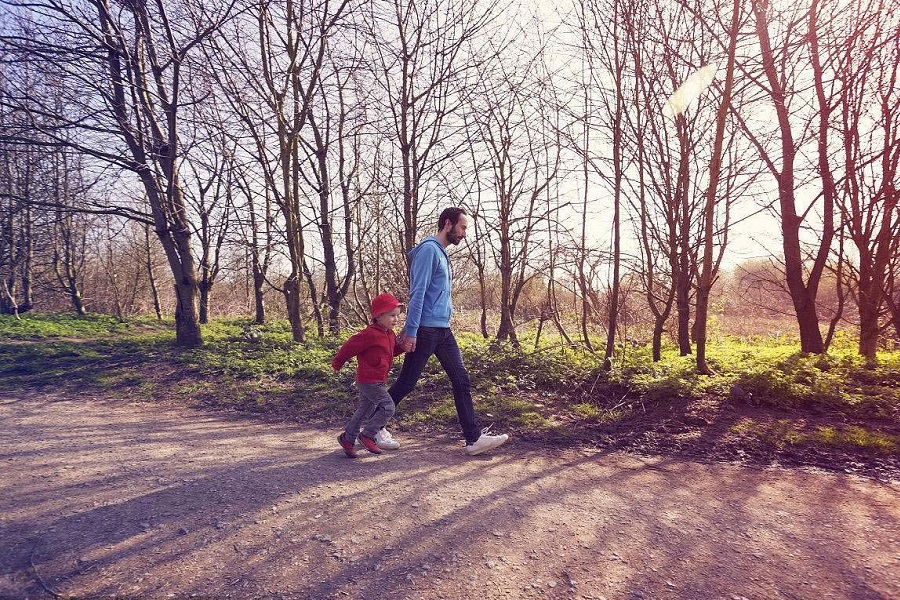You might think that walking is such a simple exercise that your body won’t change much. However, according to the website of the US “Prevention” magazine, when you start to stretch your legs and walk for an hour, a series of positive physiological changes will occur in your body.
1 to 5 minutes. The first few steps trigger the cells to release energy-generating chemicals that fuel the walk. At this point, the heart rate reaches 70 to 100 beats per minute, blood flow increases, and the muscles are warmed up. The stiffness of the joints begins to diminish, releasing lubricating fluids that allow you to move your body more easily. In these 5 minutes, the human body burns 5 kilocalories per minute, which is 5 times that of sitting and waiting for rest. At the same time, to support exercise, the body begins to obtain more fuel from carbohydrate and fat stores.
6-10 minutes. The heartbeat increases to about 140 beats per minute. As the pace increases, the body burns 6 kilocalories per minute. Blood pressure rises slightly, but the body releases chemicals that dilate blood vessels to counteract this potential danger, sending more blood and oxygen to the working muscles.
11-20 minutes. Your body temperature keeps rising, blood vessels near your skin dilate to release heat, and you start to sweat. With a brisk pace, the human body burns 7 kilocalories per minute, and breathing may become a little difficult at this time. The secretion of hormones such as epinephrine and glucagon rises to deliver energy to the muscles.
21~45 minutes. At this point, you will feel energized, and as the tension in your body is released, your brain will release feel-good endorphins, and you will begin to relax. As more fat is burned, insulin production begins to drop, which is great news for those who are overweight or diabetic.
46~60 minutes. Faster than an hour to a walk, your muscles may feel fatigued because your body stores less carbohydrates. When you cool off, your heart rate and breathing slow down, and while you burn less calories afterward, you still burn more calories than you did before your workout. This higher calorie state will remain for 1 hour.


